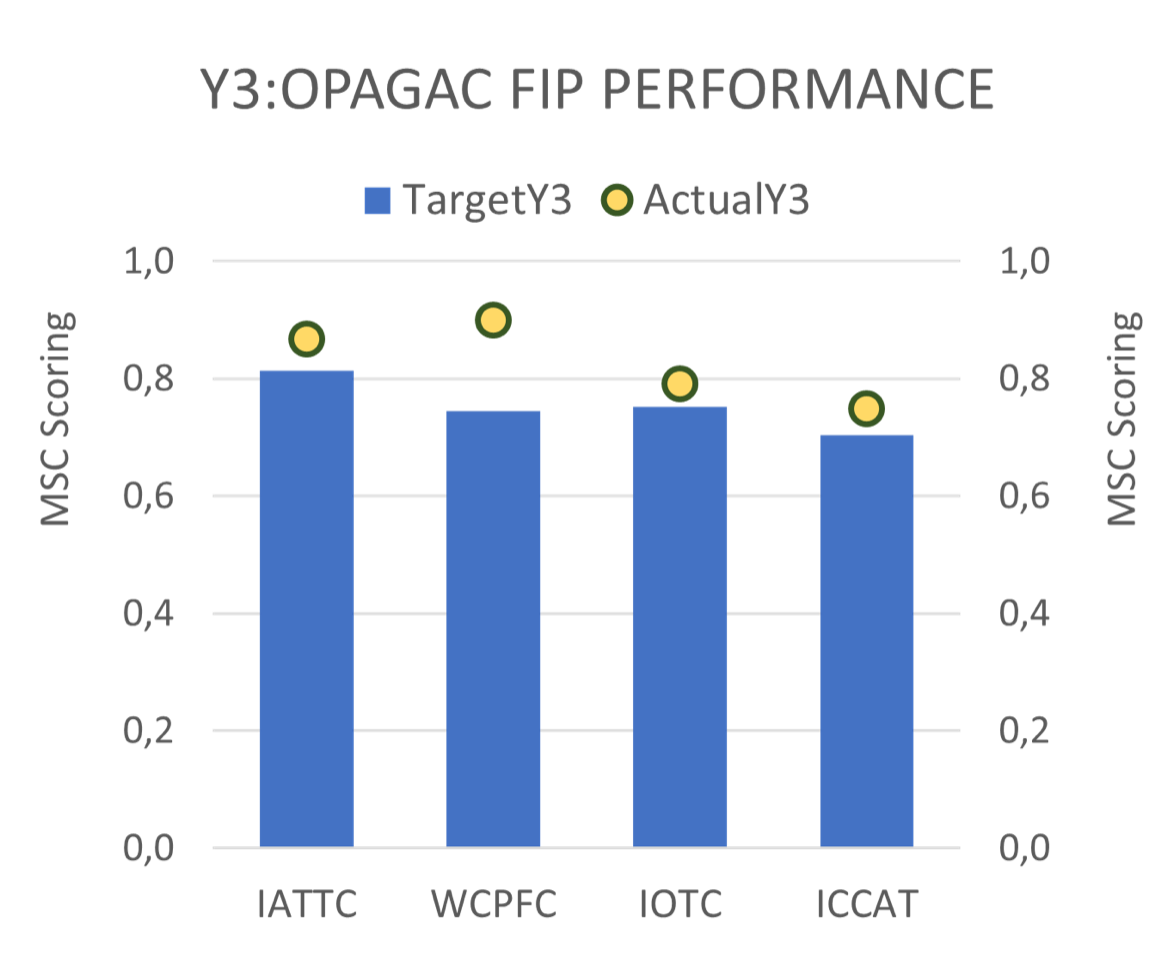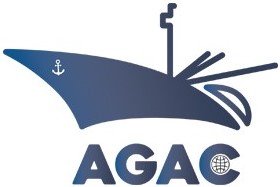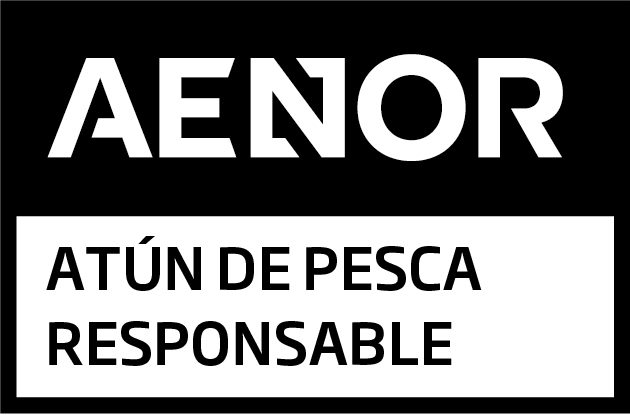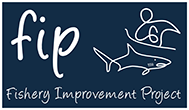FIP OPAGAC
After several years of extensive work in various sustainability projects, the association felt the need to certify its fishery. However, before entering this process, there were several aspects to improve in the activity. Thus, in 2016, OPAGAC and WWF-Spain signed a Memorandum of Understanding (MoU) to develop and collaborate in the world’s largest-scale fishery improvement project (FIP) to date – the OPAGAC Global Tuna FIP. A FIP assumes that fishermen provide viable solutions to optimize its activity, reduce impacts on the environment, and that RFMOs and Flag States apply management measures to ensure the long-term sustainability of resources.
The FIP workplans have been designed as an MSC client action plan, in order to align each action and task with MSC 3 Principles:
- P1: Sustainable stocks.
- P2: Ecosystem impacts.
- P3: Efective management.
- Adopt Harvest Control Rules.
- Evaluate, reduce and mitigate ecosystem impacts.
- Improve Monitoring, Control and Surveillance (MCS). During its four years, the OPAGAC Global Tuna FIP has worked in more than 100 tasks regarding:
- Management of target species.
- Reduction of ecosystem impacts.
- Capacity building and training.
- Work within the four RFMOs to improve ocean governance.
- Coordination with other tuna FIPs (TUNACOS, SIOTI, ATA), regional organizations (COMHAFAT, LDAC, OSPESCA, SWIOFC) and NGOs (WWF, ISSF)
The FIP was assessed yearly by an independent consultant accredited by the MSC, and a stakeholder’s advisory group (with representatives from NGOs, scientific community and industry) convened after every evaluation to discuss the results and suggest the next steps.
Transparency is a key feature of FIPs, therefore, the workplan and the achieved goals are available for consultation on www.fisheryprogress.org, where OPAGAC has reported its activities in the 3 oceans (4 RFMOs).
All the work carried out between 2016 and 2020 allowed the FIP to score higher than expected, which has culminated in the fishery entering in full assessment against the MSC standard on August 21, 2020 – one year earlier than initially foreseen





